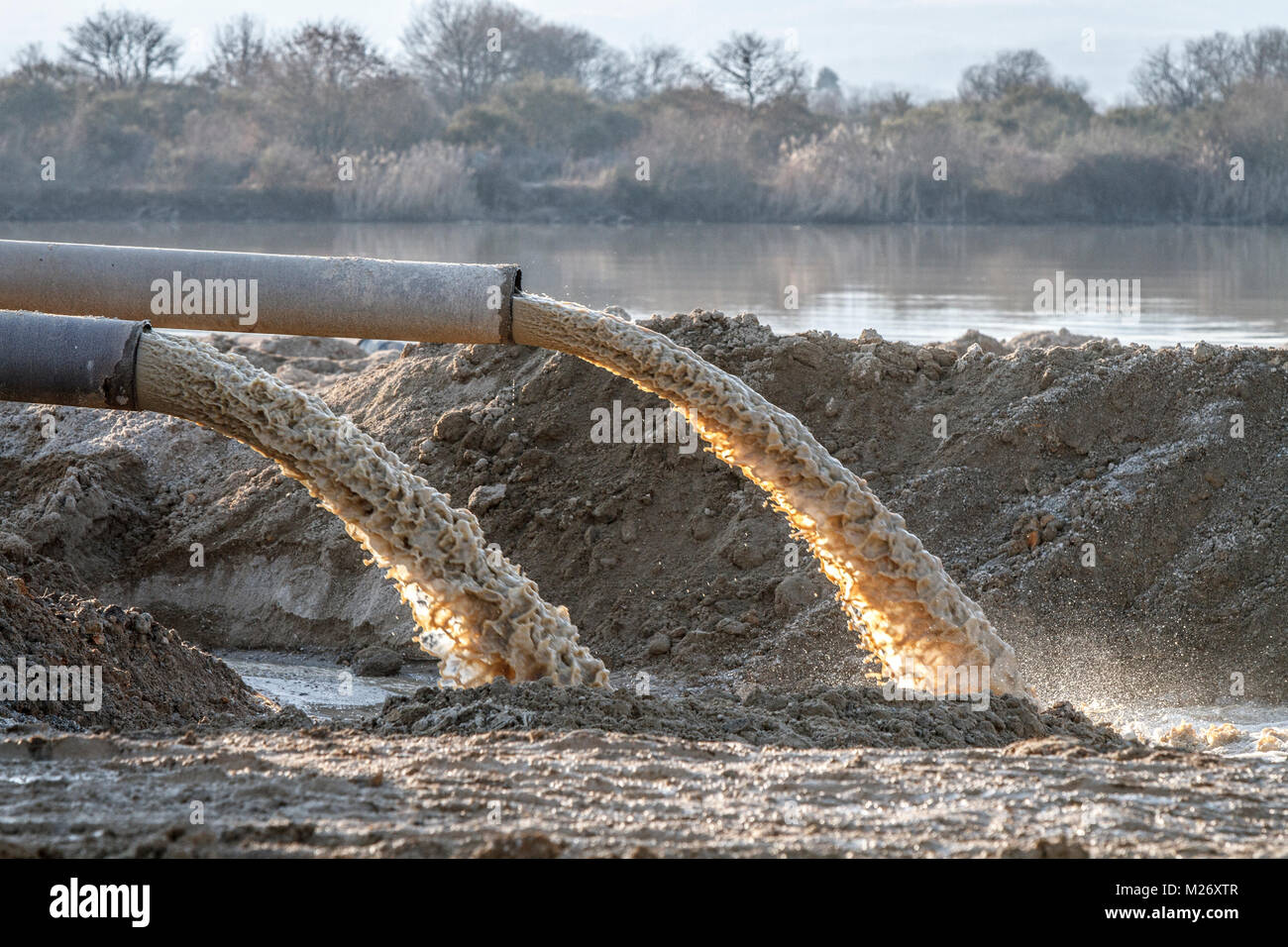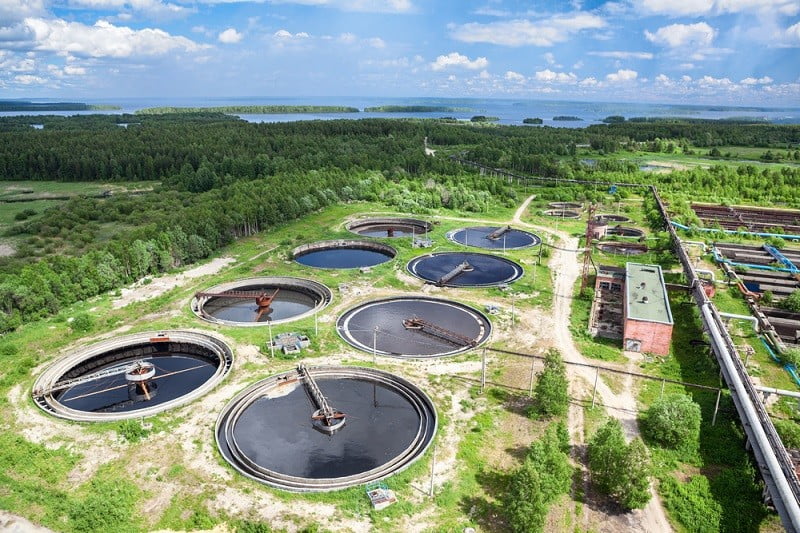Comprehensive Liquid Waste Disposal: Solutions for Homes and Companies
Comprehensive Liquid Waste Disposal: Solutions for Homes and Companies
Blog Article
Understanding the Comprehensive Process of Liquid Garbage Disposal: Finest Practices and Environmental Impact Considerations
The monitoring of liquid waste disposal is a complex concern that requires a complete understanding of various finest techniques and their linked ecological influences. From the types of liquid waste generated to the techniques employed for collection, treatment, and final disposal, each action plays an important role in guarding ecological communities and public health.
Types of Liquid Waste
Comprehending the various sorts of fluid waste is important for effective monitoring and disposal practices. Liquid waste can be generally categorized right into numerous types, each calling for one-of-a-kind handling and therapy strategies.
Industrial fluid waste commonly has dangerous materials, consisting of heavy metals, solvents, and chemicals, produced during manufacturing processes. These wastes require rigorous regulatory compliance to shield human health and the setting. Residential fluid waste primarily describes wastewater generated from households, including sewage and greywater, which, although much less toxic, can still pose significant dangers if poorly handled.
Agricultural liquid waste, including drainage from ranches, typically contains fertilizers and pesticides that can lead to environmental destruction otherwise dealt with properly. Medical liquid waste, produced from medical care facilities, consists of contaminated liquids such as physical liquids and chemicals, needing specialized disposal techniques to stop infection and ecological contamination.
Lastly, oil and oil waste, typically created by restaurants and auto industries, can cause extreme obstructions in drain systems otherwise taken care of effectively. Comprehending these categories helps with targeted techniques for treatment, conformity with guidelines, and reliable disposal approaches, eventually advertising ecological sustainability and public health and wellness safety and security.

Collection Methods
Effective collection techniques are vital for the appropriate monitoring of liquid waste, ensuring that it is gathered safely and successfully prior to therapy or disposal. Different techniques are used relying on the kind of fluid waste produced, the volume, and the certain attributes of the waste.
One usual approach is the use of specialized collection containers or sumps, which are designed to record liquid waste at the source. These systems typically include pumps that promote the transfer of waste to larger storage containers or treatment facilities. In addition, mobile collection devices furnished with vacuum cleaner modern technology are used in situations where waste is generated periodically or in hard-to-reach places.
For commercial setups, closed-loop systems can successfully minimize spills and leakages, enabling for the healing and reuse of liquid waste. It is additionally vital to train employees on correct collection methods to alleviate risks associated with harmful materials.
In addition, executing normal upkeep routines for collection tools makes sure optimum performance and safety and security. The assimilation of innovative monitoring systems can boost collection effectiveness by offering real-time information on waste levels and prospective threats. Overall, efficient collection techniques are fundamental to sustainable fluid waste management practices.
Therapy Processes
Therapy processes play an essential duty in the management of liquid waste, changing potentially harmful products right into secure effluents or recyclable sources - liquid waste disposal. These procedures can be broadly classified right into physical, chemical, and organic approaches, each tailored to attend to details pollutants present in the waste stream
Physical treatment techniques, such as sedimentation and filtration, job by getting rid of put on hold solids and particulate issue. These techniques are often the very first action in the therapy chain, successfully minimizing the load on succeeding processes. Chemical therapies entail the usage of reagents to reduce the effects of harmful compounds, speed up heavy steels, or oxidize organic toxins, thus enhancing the safety of the effluent.
Biological treatment procedures, consisting of activated sludge systems and anaerobic food digestion, maximize the all-natural capabilities of microorganisms to break down raw material. These methods are particularly effective for wastewater additional hints containing eco-friendly pollutants. Advanced treatment modern technologies, such as membrane layer filtration and progressed oxidation processes, are significantly used to accomplish higher degrees of filtration.
Integrating a mix of these treatment methods not only makes certain compliance with regulative standards yet also promotes ecological sustainability by recovering valuable resources from fluid waste.
Disposal Options
Just how can companies ensure the responsible and safe disposal of liquid waste? Effective disposal choices are crucial for securing public wellness and the environment. The key approaches consist of land disposal, incineration, and treatment followed by discharge into local wastewater systems.
Land disposal involves the careful containment of fluid waste in assigned land fills, ensuring that it does not leach right into bordering dirt or water. Incineration, on the various other hand, topics liquid waste to high temperatures, transforming it right into ash and gases, which need correct purification to reduce exhausts. This approach is ideal for contaminateds materials that can not be treated via standard ways.
In situations where fluid waste can be treated, companies might choose chemical or organic treatment processes to neutralize unsafe parts prior to releasing the treated effluent into municipal systems. This path typically aligns with governing needs, guaranteeing that the effluent meets safety and security standards.
Ultimately, companies need to perform comprehensive assessments of each disposal choice to determine its viability, thinking about elements such as waste composition, governing compliance, click for more and potential dangers to health and the setting. By selecting ideal disposal methods, services can add to an accountable waste monitoring technique.
Environmental Influence
The ecological influence of fluid garbage disposal is an important consideration for companies seeking to decrease their eco-friendly footprint. Incorrect disposal techniques can lead to significant contamination of water resources, dirt degradation, and negative effects on regional ecosystems. For instance, hazardous fluids can seep into groundwater, positioning dangers to alcohol consumption water supplies and water life. Additionally, the discharge of neglected or improperly dealt with waste into surface waters can result in eutrophication, resulting in oxygen exhaustion and the succeeding death of fish and other organisms.

To alleviate these influences, organizations have to embrace ideal techniques such as implementing extensive waste treatment procedures, advertising recycling click for more and reuse, and sticking to regulatory requirements. By taking a proactive method to fluid waste administration, entities can significantly minimize their ecological footprint while sustaining lasting development goals. Eventually, a detailed understanding of the environmental influences associated with liquid waste disposal is essential for informed decision-making and accountable stewardship of natural deposits.
Verdict
Effective administration of fluid waste is important for securing ecological stability and public wellness. Eventually, a comprehensive understanding of liquid waste disposal not only minimizes ecological effects however also fosters a dedication to responsible resource administration and ecological stewardship.
The management of fluid waste disposal is a diverse concern that calls for a comprehensive understanding of numerous ideal techniques and their linked environmental influences. From the types of fluid waste generated to the methods employed for collection, therapy, and last disposal, each step plays a crucial duty in guarding ecosystems and public health.The environmental effect of fluid waste disposal is a crucial consideration for companies looking for to lessen their eco-friendly footprint. Ultimately, a detailed understanding of the ecological impacts associated with liquid waste disposal is crucial for educated decision-making and accountable stewardship of all-natural resources.
Inevitably, a thorough understanding of fluid waste disposal not just alleviates environmental influences however likewise promotes a commitment to responsible resource administration and environmental stewardship.
Report this page